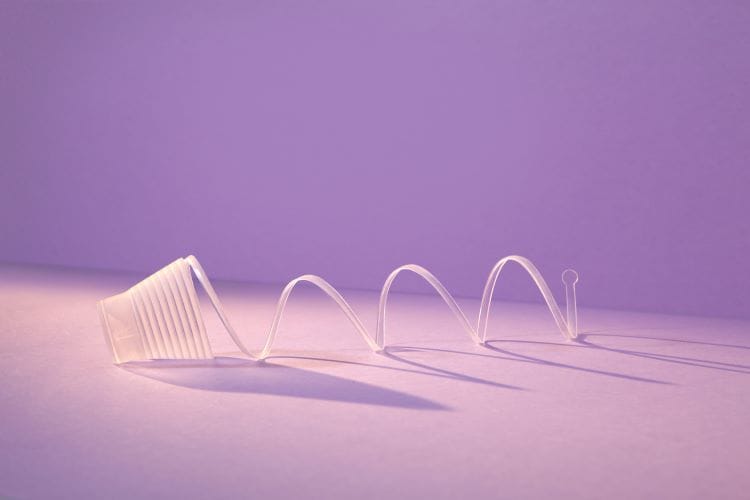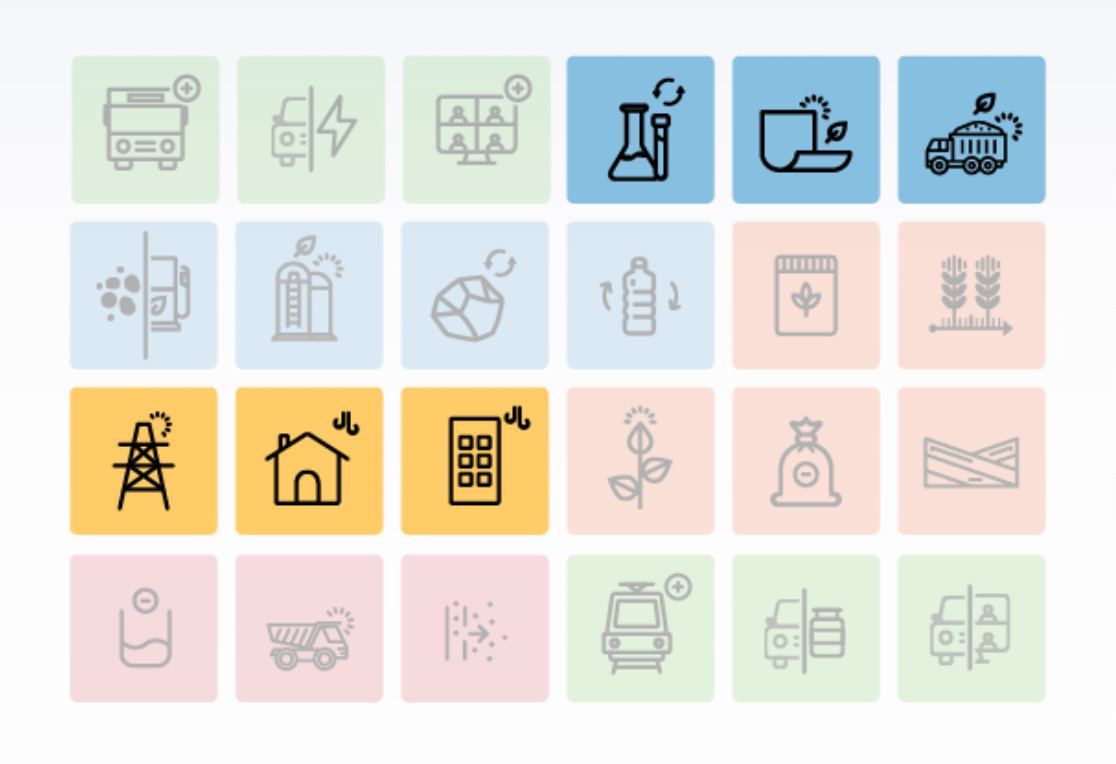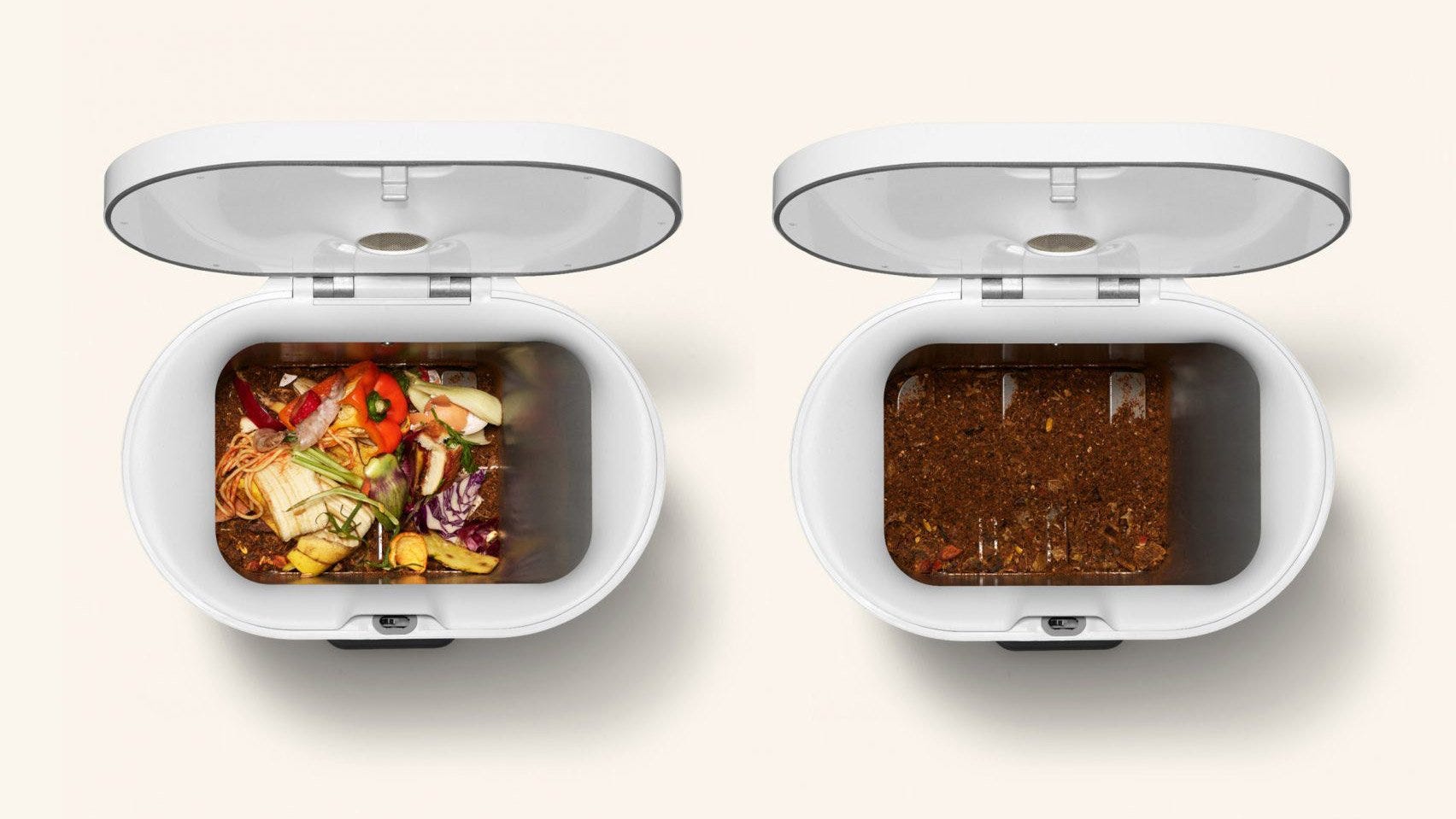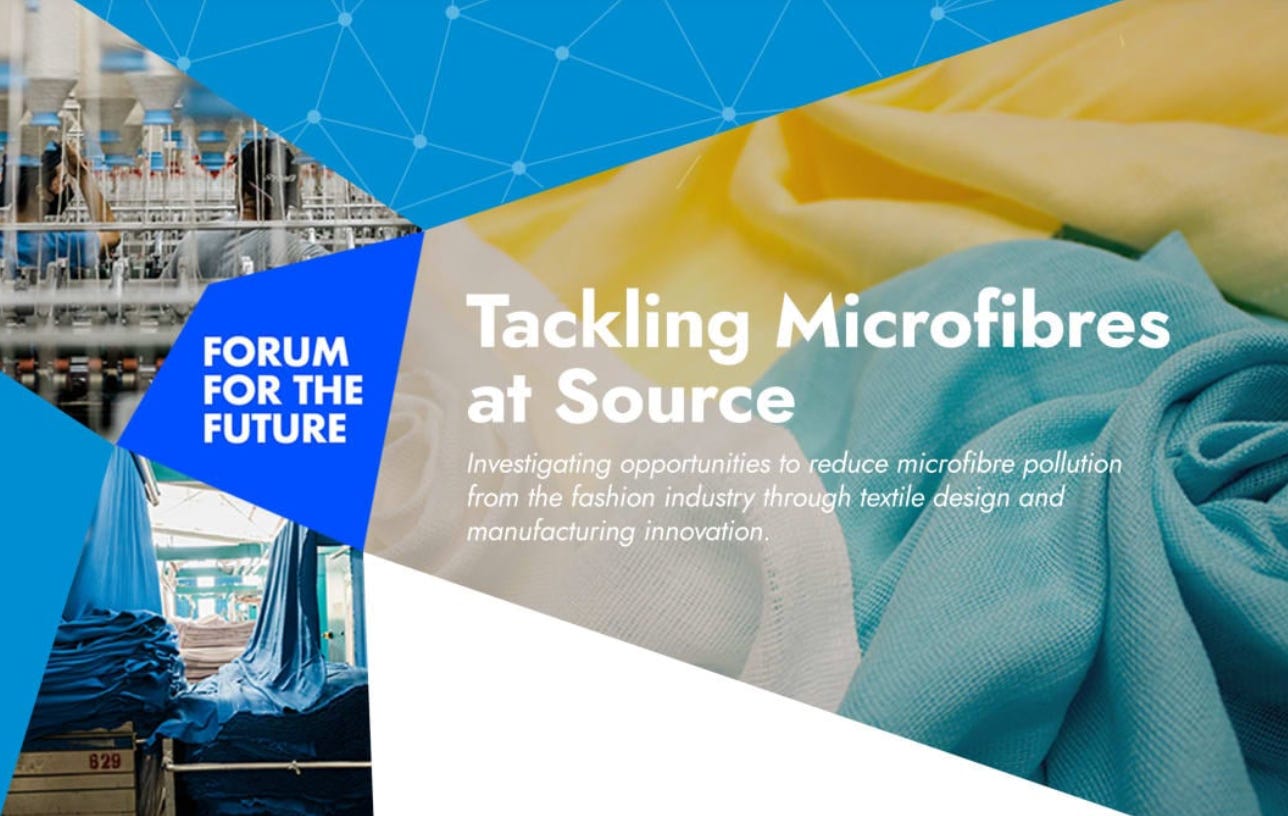
Swedish design studio Tomorrow Machine has collaborated with juice company Eckes Granini to develop a bio-based bottle called GoneShells, which is made from potato and can be eaten, home-composted or dissolved under water when finished with. Its spiral-like construction allows the bottle to be ‘peeled’ after us to aid its breakdown. More here

It started with a poster: The Guardian has a fascinating piece on the work of Tomer Shalit who summarised everything needed for Sweden’s green transition into a single information graphic. His company, ClimateView, has built on that work to create ClimateOS, a platform “to help cities plan and manage their transition to zero carbon by breaking it down into distinct but interconnected ‘building blocks’. Combining data-crunching and analytics, the blocks are in effect mini-models, individually showing the effects of a wide range of high- to low-carbon environmental levers, and collectively generating a comprehensive socioeconomic picture.” More here
The Guardian also reports on Black Mountains College in Wales which is about to launch “a radical new degree course designed to prepare students for a career in times of climate breakdown, and build a generation with the innovative skills and ideas required to tackle the crisis. The first students for its BA in sustainable futures: arts, ecology and systems change will arrive at the rural campus in September.” More here

US start-up Mill has designed a food waste bin which dries out leftovers so that they can be turned into ‘food grounds’ which can be returned to the company for reuse. The bin slowly heats its contents – the dehydration process means that the bin needs to emptied less often. The plan is to then use the returned waste product in animal feed. More here on Dezeen

Forum for the Future’s latest report, Tackling Microfibres at Source: Investigating opportunities to reduce microfibre pollution from the fashion industry through textile design and manufacturing innovation, “presents findings from our 21-month long research and investigative process, and shares recommendations for how textile manufacturers, brands and retailers can take active steps to reduce microfibre pollution”. Download the report here
And talking of fashion and pollution, Bloomberg Green looks at efforts by Patagonia, LuluLemon and others to switch to alternatives to PFAs or ‘forever chemicals’, used to waterproof garments. Story here (registration needed)
The story coincides with a new Oxford University study that has found ‘alarming levels’ of PFAs in Arctic ice on Svalbard

